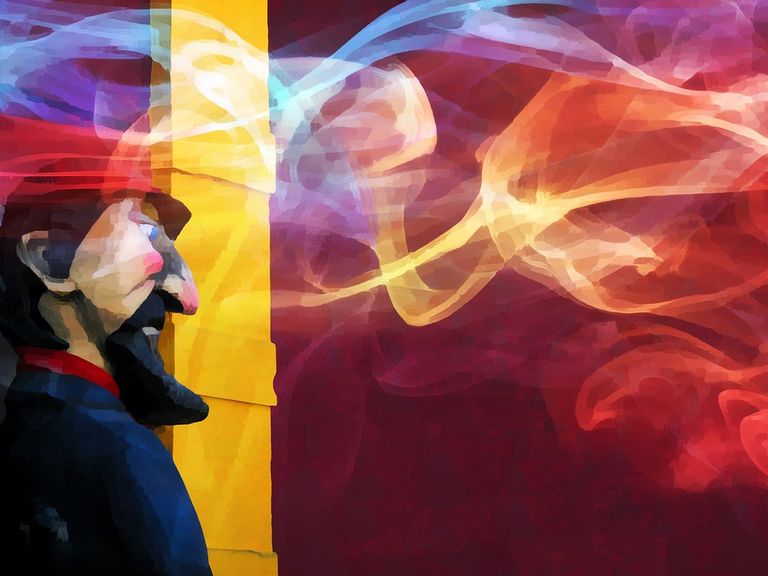In modern society, education is widely valued and increasingly accessible, and it is available to a large number of educated people in different areas. However, the wealth of information and credentials has not necessarily led to a comparable wealth of moral awareness or ethical sensitivity. The idea that there is “a huge shortage of educated consciences” touches on a critical rift: while many people are equipped with specialized skills and hypothetical information, fewer have the ethical foundation or moral insight to apply this information in ways that promote the social good and uphold justice.
 source
source
An educated soul includes more than awareness of facts or the possession of specialized skills. It is the ability to recognize and prioritize ethical values, perceive right from wrong, and take responsibility for the consequences of one’s actions on others and society at large. While current educational systems emphasize specialized information, competitive success, and career planning, they often overlook ethical and moral development. In many cases, the race for academic and professional success leaves aside values such as empathy, good sense, and judgment. This imbalance has contributed to problems such as degradation, natural contempt, and social disparity, where overeducated people abuse their information for personal gain or fail to realize the broader implications of their actions.
Furthermore, in the absence of an educated soul, information can become an instrument for abuse or even progress. For example, a financial analyst may create financial models that maximize profit but neglect social welfare, or a researcher may prioritize advancements without considering natural sustainability. In the business world, industry-trained pioneers may achieve financial success but make decisions that prioritize shareholder benefits over worker welfare or societal impacts. These cases reveal that the lack of an educated inner voice can lead to damaging decisions that weaken the exceptional fabric of society.
To close this gap, it is critical to integrate ethical and moral training into the educational curriculum, empowering students not only to exceed academic expectations, but also to reflect on their values and duties to society. This would include developing qualities such as compassion, fairness, and social duty alongside professional skills. In this way, society can create people who not only have the information to address complex issues, but also the moral foundation to apply that information in useful ways. Educated hearts enable people to use their skills in pursuit of the common good, leading to a more just, compassionate, and sustainable world. As societies work to develop information, emphasis must be placed on cultivating intelligence, creating an era of not only educated minds, but also educated hearts.
